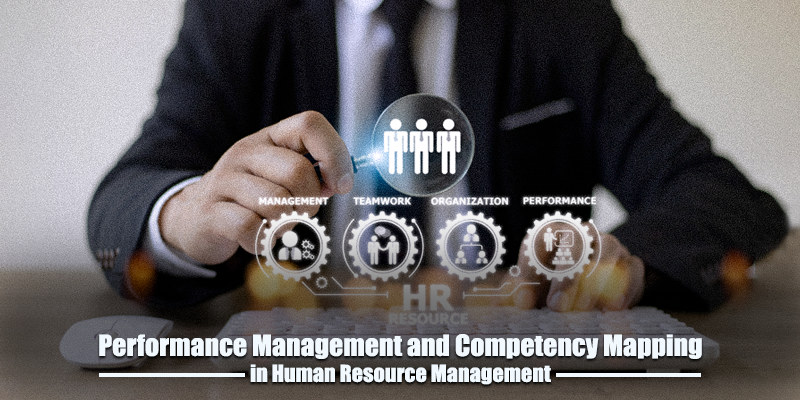Editor’s Note
Dr. Debaprasad Chattopadhyay teaches Human Resources at Globsyn Business School – one of the top MBA colleges in Kolkata. Dr. Chattopadhyay has over 48 years of academic and corporate experience with very successful stints in reputed national and international organizations. In addition to being an academician, Dr. Chattopadhyay is a life member of the National HRD Network and ISTD and a member of ISABS, NIPM, BMA, and CMA. He is a life member of his alma mater, Don Bosco School Park Circus Alumni Association. Dr. Chattopadhyay completed a program on Strategic Human Resource Leadership from the National HRD Network and has also attended the Human Laboratory Process Course from the Indian Society of Applied Behavioral Sciences. Dr. Chattopadhyay has conducted Management Development Programs and Consultancy Assignments across organizations and has to his credit several publications in various journals and presented technical papers at different national and international conferences. Recently, he has received the Udai Pareek Memorial Distinguished AHRD Alumni Award for the year 2022, bestowed on him by his alma mater Academy of Human Resource Development (AHRD), Ahmedabad.
The globally renowned and contemporary HR Expert, Dr. (Prof.) Dave Ulrich has beautifully exemplified 5, now 6 B’s in Human Resource Management (HRM). These are Buy, Build, Bind, Borrow, Bounce, Balance. Each of these B’s represents a function of HRM.
Out of these, ‘Build’ refers to Training and Development. What is important in this regard is how to identify training needs. Besides other sources, the cardinal method is Performance Appraisal, as it brings out areas of strengths and weaknesses of an individual. Naturally, areas of weakness indicate the need for training and development. However, performance appraisal is only one part of merit-rating or performance evaluation. The broad area is Performance Management, which comprises five parts, namely, goal-setting, monitoring, mentoring, performance appraisal, and rewards.
Goal-setting should align performance planning with organizational objectives. Monitoring is reactive, while Mentoring is proactive. There are traditional methods of Performance Appraisal like Confidentiality Method, Rating Method, Ranking Method, Forced-Choice Distribution Method, Graphic Scale Rating Method, Essay Approach, and Critical Incident Technique. Modern Methods of Performance Appraisal comprise Managing By Objectives, the 360-degree method, the 720-degree method, Behaviourally Anchored Rating Techniques, Human Resource Accounting, the Balance Score Card Method, and the HR Score Card Approach, to name a few. Attempts should be undertaken to eliminate Errors in Performance Appraisal. Such problems could include the Halo Error, Devil’s Horn Error, Primacy Effect, Recency Effect, Central Tendency Effect, and other types of technical, human, and administrative errors.
At Globsyn Business School, we have the subject Performance Management and Competency Mapping as an elective wherein each of the foregoing aspects is imparted to our students.
The same applies to Competency Mapping. In the latter, we explain to students the difference between competency and competence, the genesis and lineage of Competency Mapping, tools, and techniques of competency mapping, Assessment Centres, and KSAP (Knowledge, Skills, Ability, Personal Attributes) are dilated. Tools such as Behavioural Description Interview (BDI) and Behavioral Event Interview (BEI) are explained to students by citing examples. Types of Competencies such as Generic Competencies (Threshold Competencies) and Functional Competencies (Differentiating Competencies) are detailed with examples. These are all being taught to students in Globsyn Business School.
Finally, students of Globsyn get exposed to various facets of Performance Management and Competency Mapping. They are taken for study tours/industrial visits to reputed organizations whereby students also get a flavor of how Performance Management and Competency Mapping are done in such companies.

Dr. Debaprasad Chattopadhyay
Faculty – HR
Globsyn Business School


